Tiny Fish is transforming Scottish salmon farming by humanely harvesting small fish for nutritional purposes
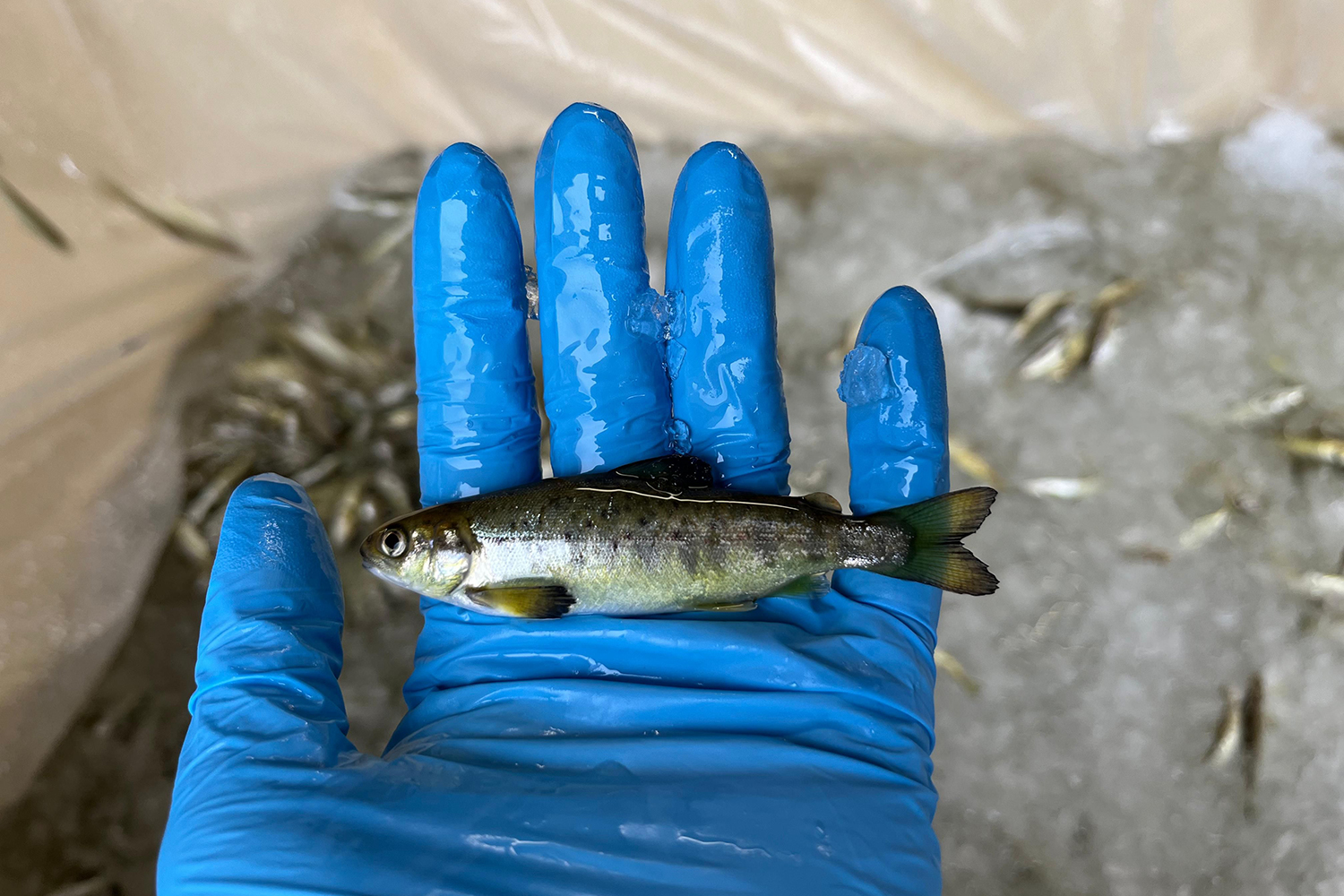
With a background in agricultural management and economics, Jarl van den Berg’s interest in aquaculture goes back many years. Fast forward to 2019, and his journey took him to Scotland, where as general manager at Landcatch Natural Selection, he is part of a new industry initiative that shaped the startup Tiny Fish.
Its aim is to find unique markets for small salmon from Scottish hatcheries that are removed during the freshwater phase of production to allow the best salmon to be raised at sea.
During this stage, juvenile salmon are routinely graded to minimize variability within the growing tanks, and thus, improve animal welfare. Sometimes, the smallest salmon are euthanized with anesthetics and removed from the population, as they will be too small to be successfully transferred to sea. These small fish are typically repurposed into biogas or compost as the use of anesthetics prevents them from being consumed for nutritional, value-added purposes. Tiny Fish is addressing this issue by euthanizing the fish with an instant electrical shock, offering high efficacy regarding fish welfare and slaughter, and working to ensure that every fish can be harvested and sold for nutritional value-added purposes.
For this innovation, Tiny Fish has been named a finalist in the Global Seafood Alliance’s Responsible Seafood Innovation Awards in the aquaculture category. Three finalists from the fisheries and aquaculture categories will present at the Responsible Seafood Summit on Oct. 22 in St Andrews, Scotland. Attendees will determine the winner by poll.
Jarl van den Berg, a co-founder of Tiny Fish, told the Advocate that the initiative began four years ago during a brainstorming session with aquaculture technology specialist Ace Aquatec to find a solution to humanely harvesting juvenile salmon.
“Ace Aquatec had built the technology, but unfortunately, it lay dormant because there was no supply chain set up around it,” he said. “Meanwhile, we hatchery managers became increasingly frustrated at seeing our fish go to non-value-added products. But just because these fish are too small to be successfully transferred to sea, it doesn’t mean that they cannot be used in other ways.”
Amidst this frustration, and with industry keen to find a solution, van den Berg believed something could be done. The result was the new initiative, which he describes as a collaborative effort between freshwater hatcheries, hauliers, packing companies and customers committed to driving sustainability.
“Our mission is to make every fish count, and the initiative is an example of the entire industry coming together to make this happen,” said van den Berg. “It comes from individuals with ideas, a drive to do something better for the world and provide a solution for salmon farmers.”
Slaughtering the smaller fish in a more efficient and humane way is Ace Aquatec’s stunning machine, the Ace Aquatec Smolt & Juvenile A-HCS®. A smaller and more portable version of the company’s Humane Stunner Universal (A-HSU®), the machine zaps the fish with a high voltage of electricity and kills them immediately as they are pumped through a chute. Meanwhile, Tiny Fish harvests, collects, freezes, packages and stores the fish for a range of customers who are interested in an entirely new product line in the industry. The customers include zoos, aquariums and anglers, while another key client is pet food suppliers that buy the fish either whole or minced. The fish can also be freeze-dried and packaged in small pouches as treats for dogs and cats. In this way, smaller fish find purpose as a highly nutritious product that can be harnessed for new revenue streams.
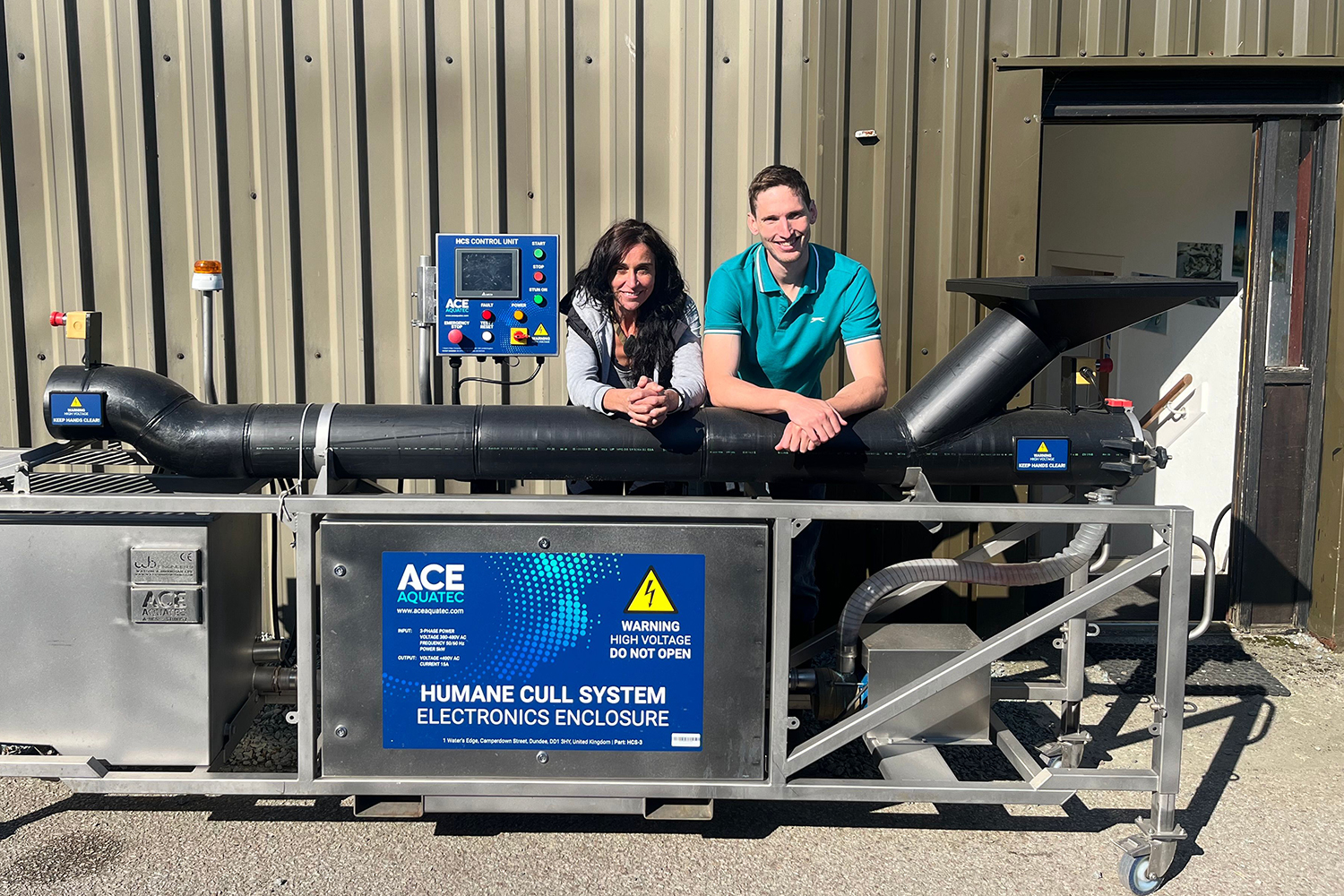
“We are tapping into the entrepreneurial spirit of our customers,” said van den Berg. “We offer something new, unique and scarce that attracts customers who are drawn to innovation and novelty. In addition, everybody wants to improve animal welfare, be part of a circular economy and achieve zero waste; however, the solutions are often unknown, difficult or costly. Tiny Fish has been a success because it has lined the road with solutions, and above all, established a cheaper solution compared to historical methods. This couldn’t have been done without the collective effort of Scottish salmon farmers, our suppliers and our customers, who all want to turn a fish that wasn’t valued into a premium product.”
The initiative has seen positive outcomes from pet treat trials, and strong feedback from salmon producers who have been taking extra steps to ensure that their fish are harvested and collected smoothly. The first companies to embrace the initiative were Mowi and Scottish Sea Farms. Subsequently, Bakkafrost and Cooke Aquaculture joined to complete the entire Scottish industry. Tiny Fish has also received requests to support domestic trout farms.
Our mission is to make every fish count, and the initiative is an example of the entire industry coming together to make this happen.
Above all, it is setting a new sustainable standard for the rest of the salmon farming industry to follow. Looking to the future, and with the technology and framework now in place, van den Berg hopes that the initiative will open opportunities for producers, farm managers and other stakeholders worldwide, helping them to think about how they can maximize the value of their own small fish and improve fish welfare standards.
“Salmon producers in Scotland have provided us with their juvenile fish because we, in turn, give them an opportunity to do what is best,” he said. “Compared to the alternative, this is more sustainable, circular, an improvement on fish welfare, and above all, cheaper. We hope that it will snowball. It’s something that will only work if everyone comes together, and we are grateful for all the support that we have received. This has given us a lot of joy and motivation to continue. Of course, we hope that every single fish can be transferred to sea and reach a market size of around five kilograms, but for those that stay behind, we can find a good purpose for them as well. At the end of the day – every fish counts.”
Being a finalist for a Responsible Seafood Innovation Award is a welcome recognition, he added.
“It’s a confirmation that we are doing the right thing,” he said. “We have spent a lot of time and money on the initiative with a clear vision in our minds, and becoming a finalist is a message for us to keep doing what we’re doing, because it’s good for the planet, industry and the fish.”
Now that you've reached the end of the article ...
… please consider supporting GSA’s mission to advance responsible seafood practices through education, advocacy and third-party assurances. The Advocate aims to document the evolution of responsible seafood practices and share the expansive knowledge of our vast network of contributors.
By becoming a Global Seafood Alliance member, you’re ensuring that all of the pre-competitive work we do through member benefits, resources and events can continue. Individual membership costs just $50 a year.
Not a GSA member? Join us.
Author
-

Bonnie Waycott
Correspondent Bonnie Waycott became interested in marine life after learning to snorkel on the Sea of Japan coast near her mother’s hometown. She specializes in aquaculture and fisheries with a particular focus on Japan, and has a keen interest in Tohoku’s aquaculture recovery following the 2011 Great East Japan Earthquake and Tsunami.
Tagged With
Related Posts
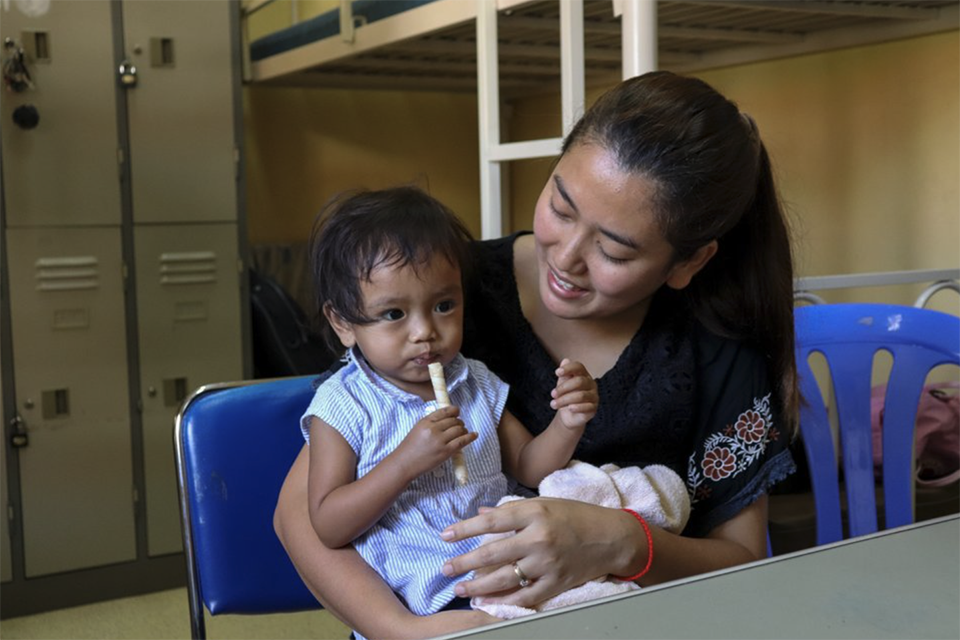
Responsibility
Eat the whole fish: A discussion of culture, economics and food waste solutions
The Big Fish Series explored the logistical and cultural challenges in front of greater whole-fish consumption and how much seafood is being wasted.
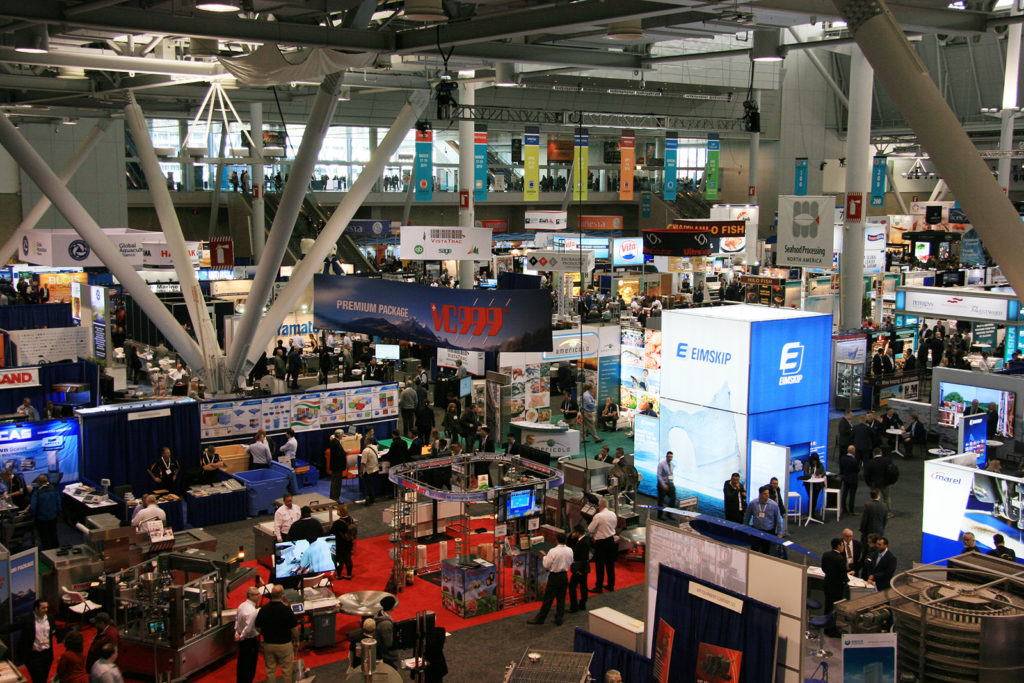
Intelligence
Canned mahimahi and more bits from Boston
Global Aquaculture Advocate Editor James Wright is covering Seafood Expo North America in Boston, Mass., USA. Check back periodically for updates.
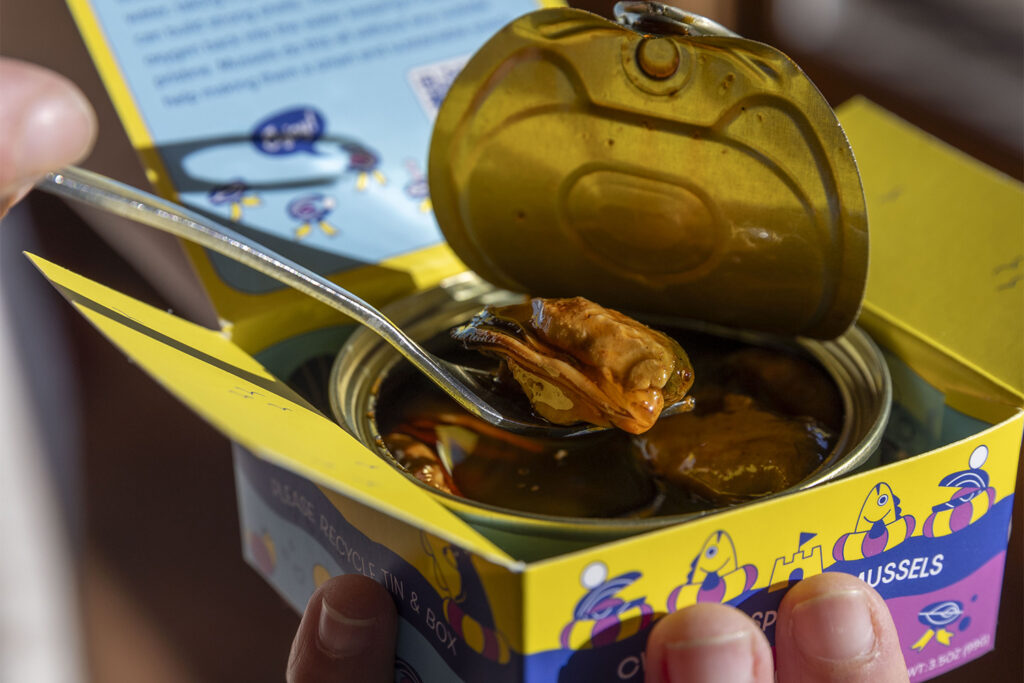
Intelligence
Will 2024 be the year of the tinned fish?
Tinned fish is a growing food trend in the U.S. market, and more companies are creating products using locally sourced seafood.
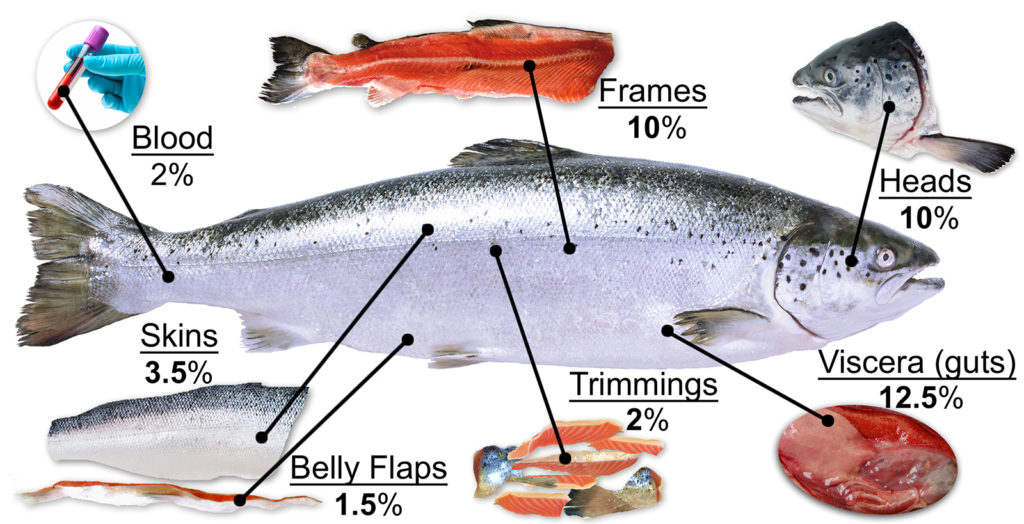
Aquafeeds
It takes guts to advance sustainability in aquaculture
With byproducts representing between 25 to 50 percent of the weight of various fish species, we need to be looking at how the entire fish is being used: even the heads, guts and skin.


